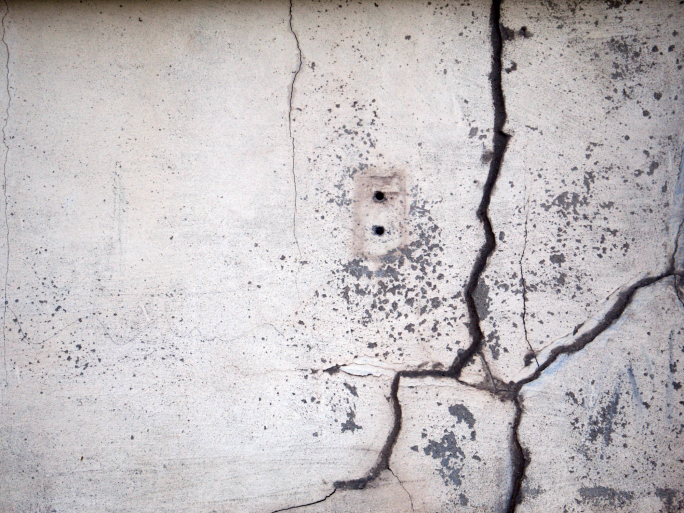Why a Buyer Needs An Independent Inspection at Closing
 Many sellers hire inspectors and appraisers to value their home prior to placing it on the market. It’s important for buyers to hire their own inspector to get an independent opinion. If a buyer orders an inspection before the sale goes through, the seller may have to resolve any issues that arise. If you forego the inspection, you inherit any problems that come with the house.
Many sellers hire inspectors and appraisers to value their home prior to placing it on the market. It’s important for buyers to hire their own inspector to get an independent opinion. If a buyer orders an inspection before the sale goes through, the seller may have to resolve any issues that arise. If you forego the inspection, you inherit any problems that come with the house.
Importance Of Inspections
Homes aren’t always well cared for and it’s relatively easy for an unethical owner to paint over a water stain rather than fix a leaky faucet. Clunky furnaces and loud A/C units are symptoms of equipment the owner hasn’t maintained, but it isn’t the only issue that can arise. From hidden mold to lead pipes, there are hundreds of things that could be wrong that a layman wouldn’t notice in a walk-through.
Buyers should include a clause in the written offer that makes the sale conditional on an inspection. This gives you the freedom to walk away if the report comes back negative. Alternately, you can lower the offer price or ask the seller to pay for repairs.
Inspection Process
There’s no uniform process for conducting an inspection. Generally, it includes a report of the heating and cooling systems, plumbing, electrical system, flooring, ceilings, roofing, drainage, foundation and basement, where applicable.
Most states don’t offer a licensing process for inspectors. This means that you might not get a comprehensive opinion on other issues, including termites, lead, rodents, asbestos or methane gas. You can ask for the inspector’s opinion, then hire someone who specializes in the areas of concern.
For example, if the inspector suspects a rodent issue, you can ask a pest control company to inspect the property and provide an estimate to resolve any issue.
What’s Not Covered
The inspector is looking for serious issues, so don’t expect every scratch and ding to appear on the report. If you’d like a greater deal of control over the process, you may be to request to walk through the property during the inspection. However, most sellers are reluctant to allow this for a variety of reasons and it may increase your inspection fee.
Ordering an independent inspection gives buyers important insight into defects in the home they are about to purchase. Foregoing an inspection to save a few hundred dollars could end up costing you a lot more if issues come up after you move in.
Your trusted mortgage professional works with inspectors and appraisers on a regular basis. When the time comes to schedule an inspection, be sure to ask for a referral.

 When purchasing a home, there are a number of considerations that need to be taken into account. One of those considerations is the foundation of the home. No matter how perfect or suitable a property looks, taking the time to properly inspect the property for foundation problems can save you thousands of dollars in repairs later on.
When purchasing a home, there are a number of considerations that need to be taken into account. One of those considerations is the foundation of the home. No matter how perfect or suitable a property looks, taking the time to properly inspect the property for foundation problems can save you thousands of dollars in repairs later on.